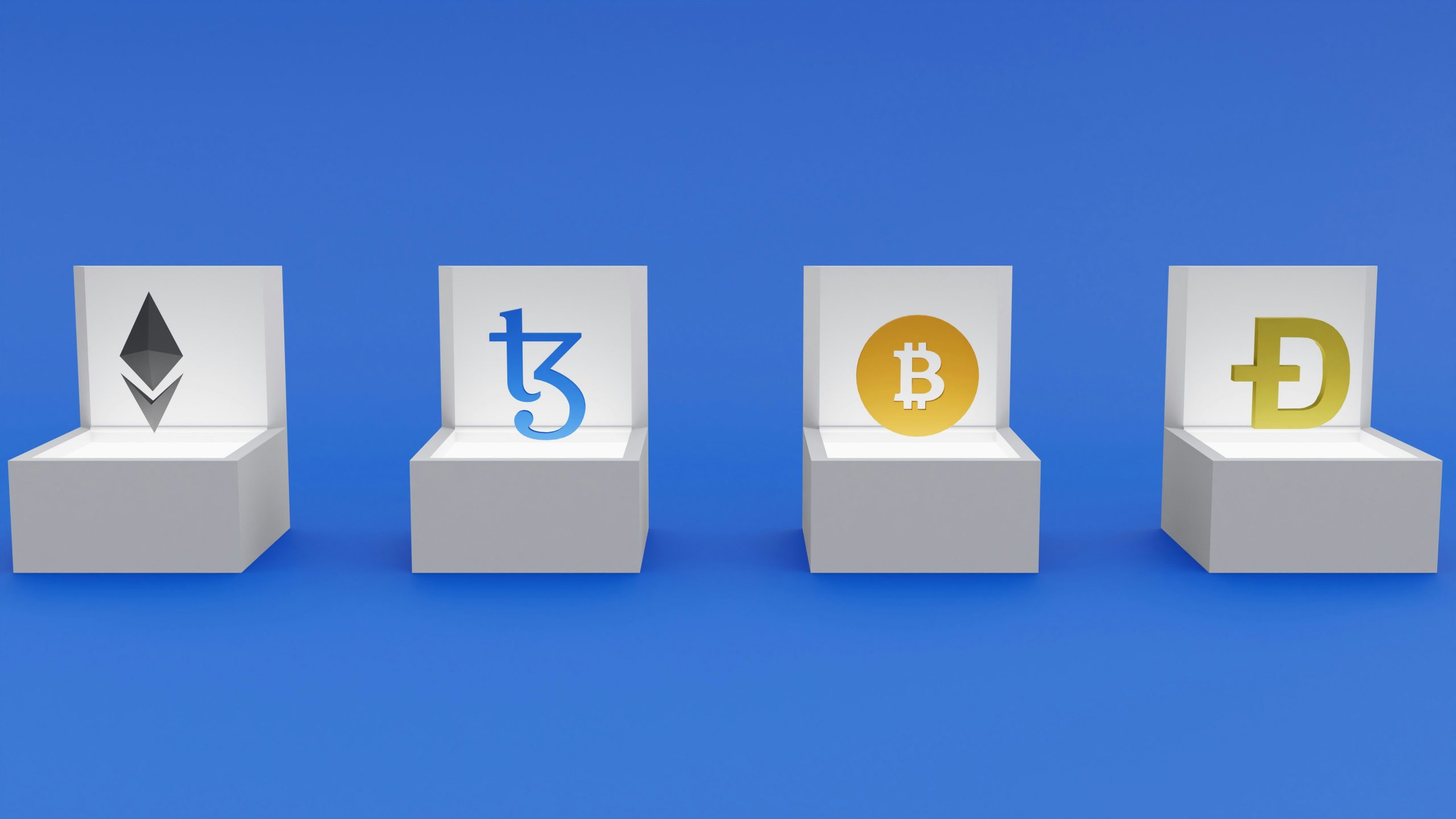Canada Adopts International Crypto Tax Reporting Standard
Canada is aimed at having the OECD standard for crypto asset tax reporting in place by 2027, as agreed with 46 countries.

Diversification strategy: Lotte’s venture into Web3 territory signals a strategic shift towards diversification. By exploring opportunities in emerging technologies like Web3, Lotte aims to expand its presence beyond its traditional sectors, potentially mitigating risks associated with market fluctuations in specific industries.
Strategic partnership: The partnership with Aptos suggests that Lotte recognises the importance of collaboration and expertise-sharing in navigating the complex landscape of Web3 technologies. Aptos, known for its expertise in blockchain and decentralized applications, likely brings valuable insights and capabilities to the table, enabling Lotte to leverage their combined strengths for mutual benefit.
Future-proofing initiatives: Lotte’s foray into Web3 reflects its proactive approach to future-proofing its business. By embracing innovative technologies and exploring new business models, Lotte demonstrates its commitment to staying ahead of the curve and adapting to evolving user preferences and market dynamics.
Exploring the intersection of retail and blockchain technology, Lotte Corporation’s subsidiary embarks on a strategic collaboration with Aptos to establish a pioneering Web3 hub.
In a bid to innovate within the realm of retail and harness the potential of blockchain technology, Lotte Corporation, a leading multinational conglomerate, has taken a significant step forward. Partnering with Aptos, a prominent provider of technology solutions for retailers, Lotte’s subsidiary aims to carve a niche in the burgeoning Web3 landscape.
This collaboration signifies a bold move towards leveraging blockchain’s transformative capabilities to enhance customer experiences, streamline operations, and pave the way for novel business models. Reports from South Korean advertising firm Daehong Communications, a subsidiary of Lotte Group, revealed plans to introduce loyalty programs, NFT-based profile picture projects and entertainment initiatives within Lotte Group’s Web3 hub.
The decision to venture into Web3 territory comes as no surprise, considering the growing significance of blockchain technology across various industries. Lotte Corporation’s subsidiary recognises the need to stay ahead of the curve in an increasingly digitised and interconnected world. By joining forces with Aptos, a company renowned for its expertise in retail technology, Lotte’s subsidiary aims to capitalise on the immense potential of Web3 applications.
Lotte suggested that future Web3 initiatives will include loyalty programs to improve fan engagement and new payment services that aid collectables preservation while eradicating counterfeit tickets.
In 2023, the blockchain partnered with the Indian media platform Chingari and Apto’s user base increased by 900%. Previously, Solana powered the app, which later migrated to Aptos seeking an enhanced user experience following Solana’s ongoing but temporary network outages. Sumit Ghosh, co-founder and CEO of Chingari, said, “The integration with Aptos has enabled instant on-chain features, such as virtual gifts, leading to a surge of new users in recent weeks.”
The primary objective of establishing a Web3 hub is to explore innovative use cases of blockchain technology within the retail sector. In collaboration with Aptos, Lotte’s subsidiary plans to create a platform where various stakeholders, including customers, suppliers, and partners, interact in a decentralised ecosystem. By harnessing blockchain’s inherent features, such as transparency, immutability, and security, the Web3 hub aims to address key challenges faced by the retail industry while unlocking new opportunities for growth and efficiency. One of the key strategies employed in building the Web3 hub involves the development of blockchain-powered solutions tailored to the specific needs of Lotte’s retail operations.
These solutions may encompass supply chain management, product authentication, customer loyalty programs, and beyond. By integrating blockchain technology into existing systems and processes, Lotte’s subsidiary seeks to enhance trust, traceability, and accountability throughout the retail value chain. The Web3 hub will foster collaboration and innovation within the retail ecosystem. Through partnerships with other industry players, startups, and technology providers, Lotte’s subsidiary aims to co-create value and drive meaningful advancements in retail technology. By embracing an open and inclusive approach, the Web3 hub endeavours to catalyse the development of standards, protocols, and best practices for leveraging the blockchain in retail.
As Lotte’s subsidiary embarks on this transformative journey into Web3 territory, it is poised to unlock many opportunities while navigating specific challenges. One of the primary opportunities lies in harnessing blockchain technology to revolutionise customer experiences. From personalised recommendations to seamless transactions, the Web3 hub promises to elevate the retail experience to new heights, enhancing customer satisfaction and loyalty. To improve the value of Web3 projects via global expansion, the firm intends to start with an ecosystem collaboration between NFT and digital collectable projects BellyGom and a national football Team in South Korea, Baeho Eleven.
According to the initiative, some of the NFTs in BellyGom will be transferred to Aptos, allowing customers to receive rewards from the project through the Aptos mainnet. Moreover, Lotte’s subsidiary can achieve greater efficiency, transparency, and sustainability by optimising supply chain processes through blockchain.
From traceability of products to real-time inventory management, blockchain-enabled solutions have the potential to streamline operations and reduce costs while providing compliance with regulatory requirements and ethical standards. It is essential to acknowledge the challenges inherent in adopting blockchain technology within the retail sector. These challenges include interoperability, scalability, regulatory uncertainty, and data privacy considerations. Addressing these challenges will require partnership, innovation, and a concerted effort from all stakeholders.
Canada is aimed at having the OECD standard for crypto asset tax reporting in place by 2027, as agreed with 46 countries.
Since the well-anticipated spot Bitcoin ETF event is over, some industry experts have turned to warning signals for the the road ahead.
Bitwise revealed that in the month after past BTC halving price saw a little movement but in the following year it saw significant gains.
The Blockchain for Good Alliance alliance is joined by numerous organisations including Bybit Web3, Solana Foundation, Moledao and others.